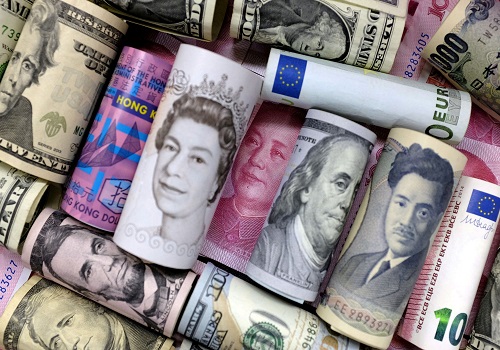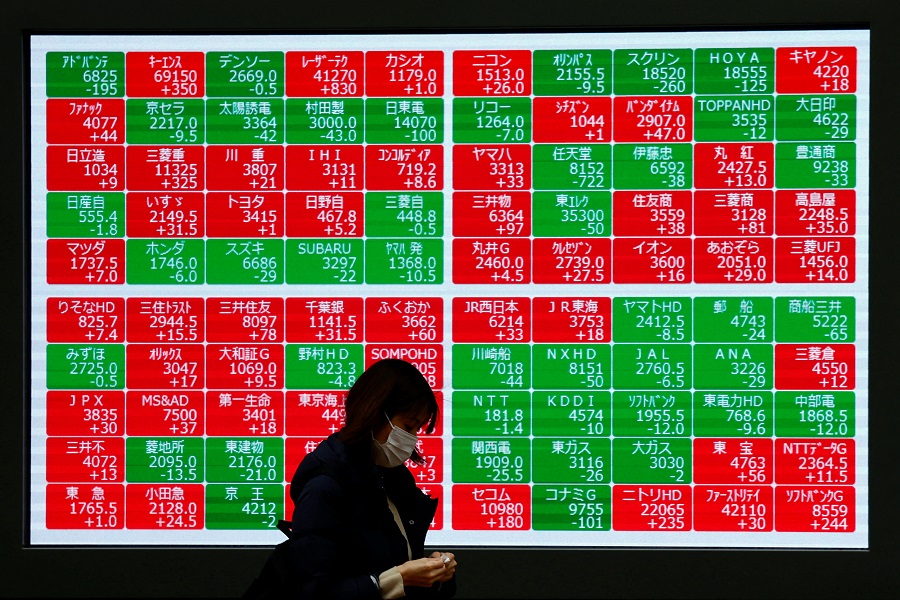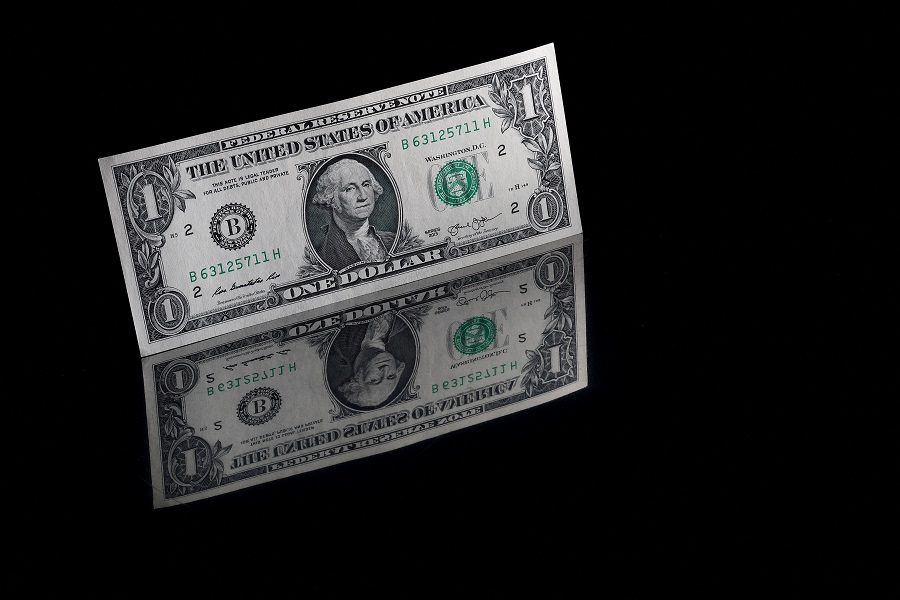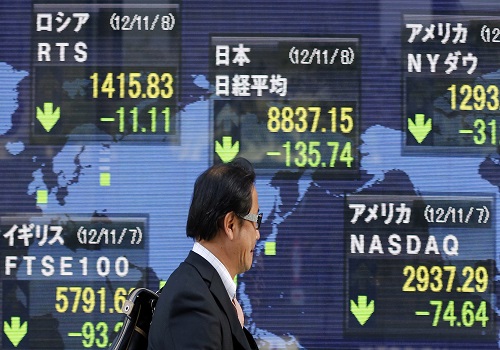Yen slips, Nikkei set for gains as BOJ stands pat
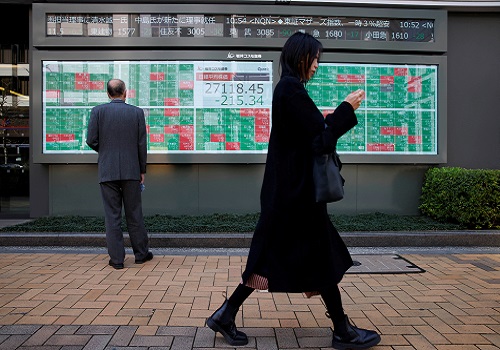
Follow us Now on Telegram ! Get daily 10 - 12 important updates on Business, Finance and Investment. Join our Telegram Channel
The yen dipped and Japanese stock futures jumped after the Bank of Japan left its guidance and ultra-easy policy unchanged on Tuesday, while oil prices held their gains on jitters about Red Sea shipping security.
MSCI's broadest index of Asia-Pacific shares outside Japan was 0.2% weaker and just below a four-month high.
The Bank of Japan (BOJ) maintained its ultra-loose monetary settings on Tuesday, as expected. The dollar gained about 100 pips or 0.6% to 143.62 yen.
The decision came during the lunch break for cash stock and bond trade in Japan, but Nikkei futures rose from roughly flat to a gain of more than 1%.
None of the analysts polled by Reuters had expected a policy move in Japan, although 17 of 28 economists thought negative rates were likely to be scrapped in April.
The Nikkei had ended the morning session 0.1% higher. Nippon Steel shares lost more than 5% and reached a five-month low after the company announced a $14.9 billion deal to buy 122-year-old U.S. Steel.
"The movement of a weaker yen is unlikely to become a trend, partly because expectations remain for a policy revision for January-March next year," said Hirofumi Suzuki, chief FX strategist at SMBC in Tokyo.
Elsewhere, oil held its overnight gains after producer BP followed other shipping firms and said it would avoid the Red Sea following recent attacks by Houthi forces.
Several countries have agreed to joint patrols to try to safeguard commercial shipping.
Treasuries were marginally firmer, having sold slightly overnight after Federal Reserve Bank of Cleveland President Loretta Mester and Chicago Fed President Austan Goolsbee each pushed back at market bets on swift U.S. rate cuts next year.
The 10-year U.S. Treasury yield was down 3.2 basis points at 3.9239%.
Equity markets had mostly shrugged off the remarks, with the Dow Jones making a record high on Monday, while the S&P 500 drew nearer to the milestone. [.N]
Traders reckon the slowdown in inflation means the Fed will have to ease policy just to stop real rates from rising, and are wagering on early and aggressive action.
Interest rate futures markets are pricing in more than 140 basis points of Fed cuts next year and were also unmoved by pushback last week from New York Fed President John Williams.
Aside from the yen, the Antipodean currencies made small gains, helped by minutes showing Australian policymakers had considered a second straight hike in December. [AUD/]
The Australian dollar rose 0.3% to $0.6723. In New Zealand, a survey showed business confidence at its highest level since March 2015. The New Zealand dollar rose 0.3% to $0.6231.
The dovish outlook for U.S. rates had dragged the dollar index down 1.3% last week, although similarly aggressive projections for rates in other major economies have kept a lid on further falls.
Markets imply around 150 basis points of easing by the European Central Bank next year, and 114 basis points of cuts from the Bank of England.
That kept the euro to $1.0921 and sterling to $1.2556.
Brent crude futures were last up 15 cents at $78.10 a barrel.[O/R]
Bitcoin bounced from a one-week low to regain a footing above $42,000 on Tuesday.
U.S. housing starts figures and Canadian inflation data are due later on Tuesday.












 320-x-100_uti_gold.jpg" alt="Advertisement">
320-x-100_uti_gold.jpg" alt="Advertisement">



